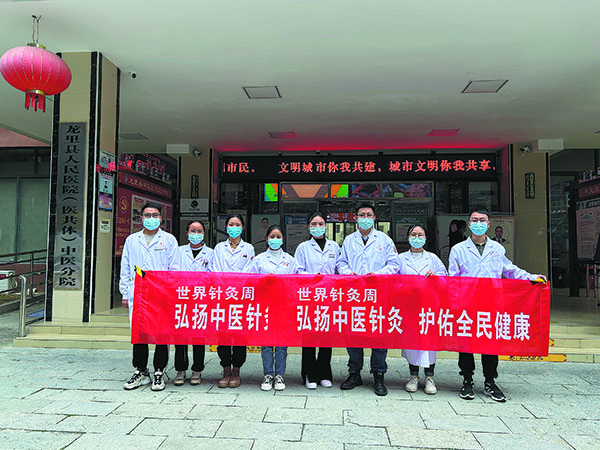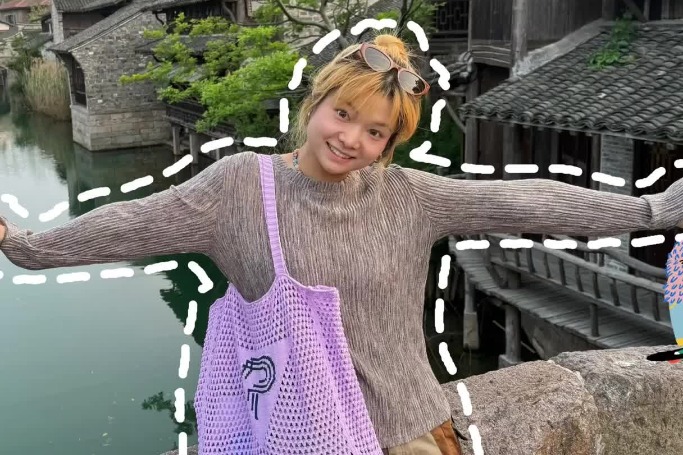Pinpointing growth of TCM culture


Seasoned practitioner and NPC deputy seeks innovation in promoting and inheriting traditional medicine, Li Yingxue and Yang Jun report.
In treating temporary facial paralysis, Professor Yang Shuo emphasizes a holistic approach. "Beyond addressing the condition itself, we must also consider treating the individual," he instructs interns at Guizhou University of Traditional Chinese Medicine. "That entails focusing on their meridians and acupuncture points."
While juggling his teaching responsibilities, Yang attends to over 60 patients a day at the Second Affiliated Hospital of Guizhou University of Traditional Chinese Medicine. Additionally, he dedicates time to caring for hospitalized individuals.
Adding to his impressive workload, last year, Yang assumed the role of a National People's Congress deputy. Despite his busy schedule, he prioritizes grassroots engagement, conducting visits and research to amplify community voices at the national level.
His mission: to bolster the advancement of traditional Chinese medicine and pass on its rich culture.
The 49-year-old brings 25 years of expertise to his practice, and specializes in treating spinal conditions. Employing techniques like qi (energy flow) adjustment and modern structural acupuncture, he focuses on holistic healing.
"Using pulse diagnosis and a comprehensive approach," Yang explains, "I combine traditional methods, like the assessment of meridian, bloodletting, and zangfu tuina (visceral manipulation) to treat ailments like neck and back pain."
His approach integrates ancient wisdom with modern techniques, offering hope to patients suffering from a variety of musculoskeletal issues.
The key to effective acupuncture lies in balancing the body's qi, ensuring its smooth flow, he says.
"For instance," Yang says, "if someone's breathing is rapid and they're easily irritable or experiencing insomnia or headaches, it suggests hyperactivity of the qi that needs to be regulated. Acupuncture can help bring it back into balance."




































